Ethical business: Young people behind a 'rising trend'
- Published
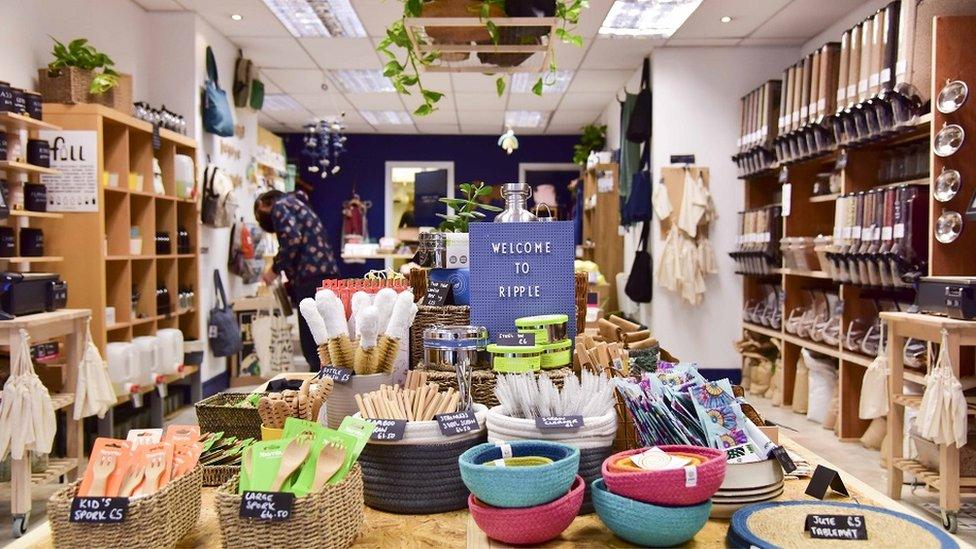
Ripple says it is Cardiff's first zero-waste store
Young consumers are behind a boost to "ethical" companies, according to a business academic.
Jonathan Deacon of the University of South Wales said Generation Z is forcing companies to "think beyond their profits" to attract new clients.
The number of zero-waste shops in Wales has increased, with many opening in the last year, according to one website.
Zerowastenear.me shows the number has more than doubled from five to 13 in the last six months.
"There is currently a perfect storm for these types of businesses to start," said Dr Deacon, who is a professor of marketing and entrepreneurship.
"It's being driven by Generation Z of consumers who are looking to consume more ethically and consciously.
"They're sharing more of their consuming patterns with my grandfather's generation: make do and mend, grow your own, waste in food and clothing and up-cycling.
"It means that companies are having to be more savvy and change in order to attract this kind of consumer, because they are the future and that's where business will be coming from."
Paying the price
Sophie Rae, 30, from Cardiff, and owner of zero-waste store Ripple in Roath, Cardiff said people need to start asking better questions about how to become part of the solution.
"I know some ask why is this kind of shopping so expensive, but what we really should be asking why is everything else so cheap," she said.
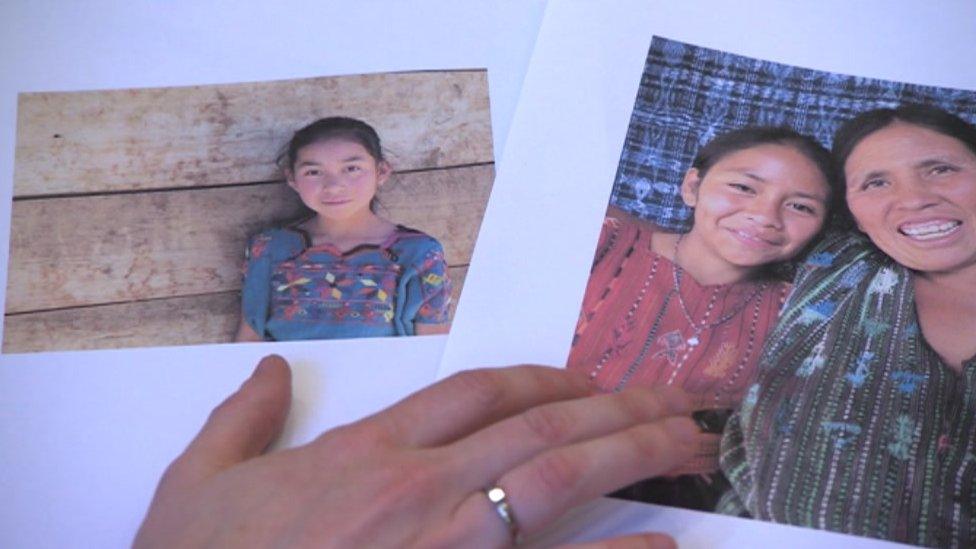
Ethical fashion brand Maykher use part of their profits to help pay for Melody (left) and Irma's (right) education
"We have to remember that somebody has paid the price for those cheap products."
Beyond their environmental impact some businesses are looking at other ways to become more ethical.
Heidi-Louise Griffiths is the owner of ethical fashion brand Maykher.
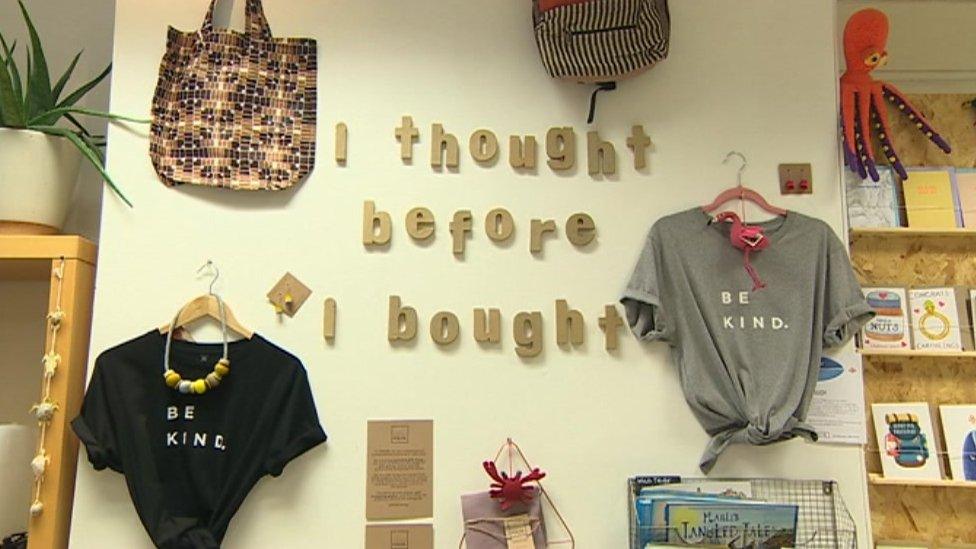
The number of zero waste shops have increased over the last year
It works with small artisan groups in India, Guatemala and Haiti to develop new products, and uses some of its profits to pay for the education of young girls in those countries.
"I think it's really important now to build businesses where everyone benefits," she said.
"If you can give the customer what they want and spread the benefits of that business across the board, I think that's a really good position to be in.
"Businesses like ours are definitely a trend, and long may this business model continue."
- Published5 January 2019
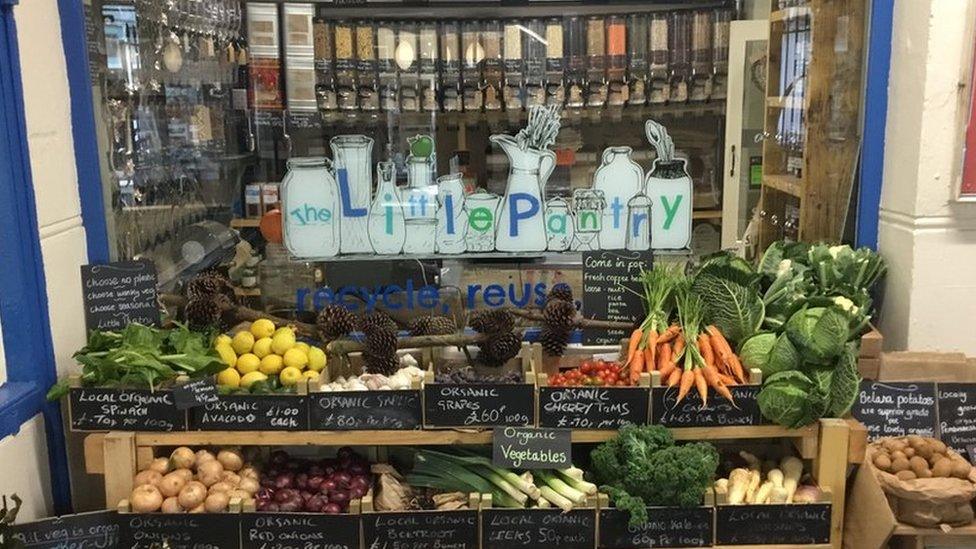
- Published24 April 2019
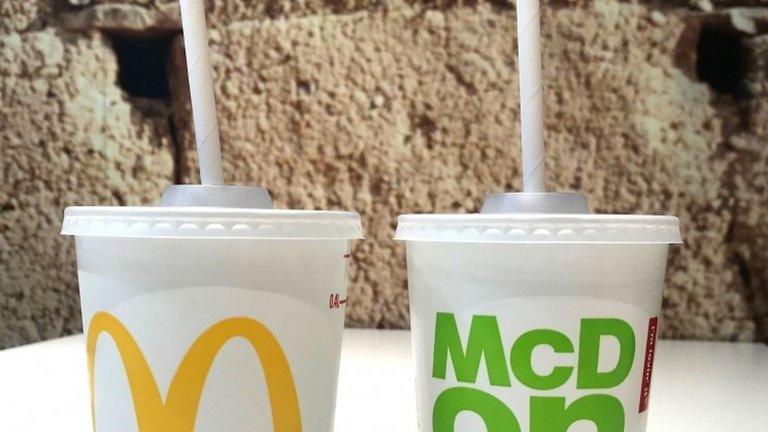
- Published6 October 2018
